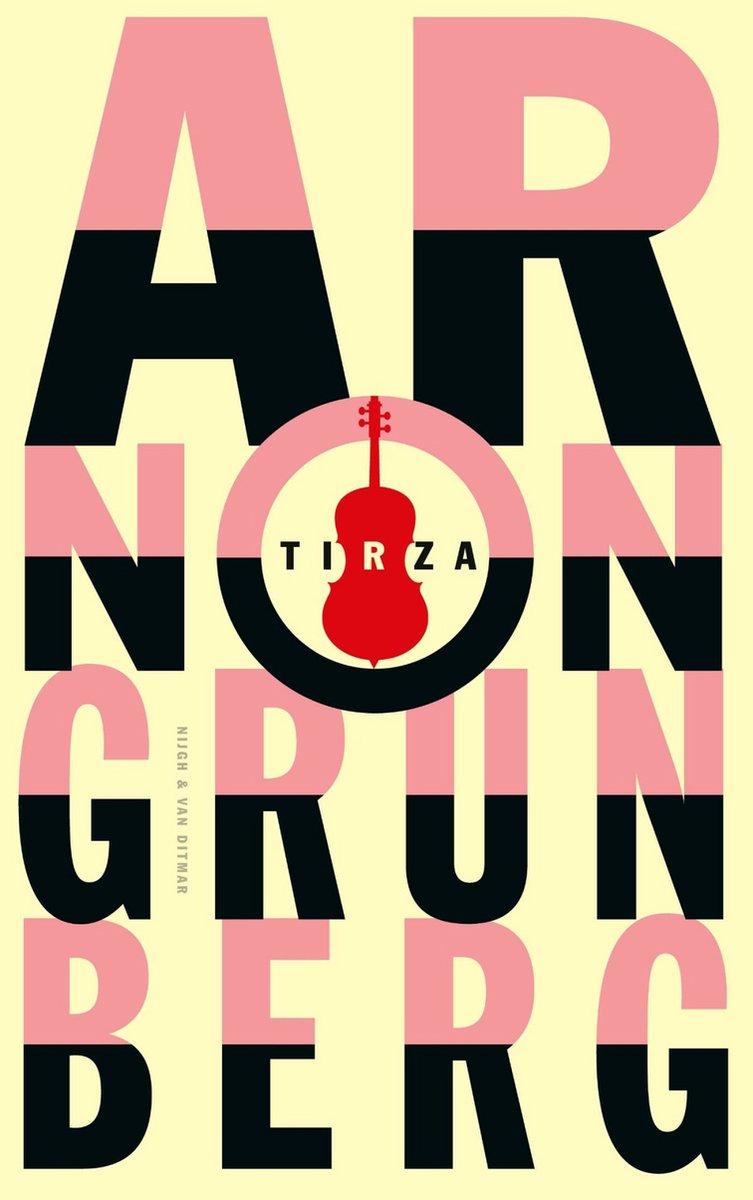Tirza
It is nothing short of remarkable how Arnon Grunberg continually reinvents himself. Each new book is strikingly different from the last, but at the same time they are all unmistakably Grunberg with his unforgiving eye for human frailties and compelling, wryly ironic style. At first glance, the bizarre, sadistic universe that informed Grunberg’s earlier works seems to be absent from Tirza.

Jörgen Hofmeester, a book editor edging toward retirement, leads a conspicuously dull, bourgeois existence: ‘His one comfort in life was that the better part of it lay behind him.’ In the novel’s understated opening scene, we see Hofmeester preparing sushi for his youngest daughter Tirza’s graduation party.
Yet, as in Dostoyevsky, after the apparently quiet opening, things inexorably start to unravel. Not with flashy stylistic fireworks or the snappy one-liners typical of Grunberg’s previous works, but in language that is as taut as it is restrained. It is a quiet, low-key story, but in that quiet the reader can hear the footsteps of Fate approaching.
In scene after scene Hofmeester is stripped of life’s apparent certainties. His wife, who had left him years before for a childhood sweetheart, makes an unexpected reappearance, turning his sedate household upside-down. Without warning, Hofmeester is laid off at the publishing house. Then Tirza, the apple of his eye, threatens to leave for Africa with her boyfriend, whom Hofmeester can only see as the doppelgänger of Mohammed Atta, the terrorist.
Grunberg places the anxiety for meaninglessness and loss of control right in the centre of our post- 9/11 era, he makes it tangible and comprehensible, he exhibits empathy but at the same time scoffs in the face of the middle class.
NRC Handelsblad
Although we witness a number of painful and strange confrontations between Hofmeester and his wife, and between Hofmeester and Mohammed Atta, ‘the beast’ that Hofmeester believes lives in the people around him, remains hidden. In reality, this beast dwells within himself.
Once Hofmeester leaves for Africa in search of his daughter, Grunberg shifts into top gear, taking the reader along for the ride. Then out of nowhere, in mid-paragraph, he drops a bombshell, and everything we have read up to that point is cast in a new, astonishing light. Grunberg’s remarkable control of the plot, the cool tone and the sense of menace lurking behind every sentence, beneath every word, make Tirza a true tour de force.
Tirza is both a clear and dark representation of what people inflict upon themselves and thus upon one another. […] With this novel, Grunberg advances slowly but surely toward the class of major authors who write lucidly about the incomprehensibility of human actions.
Haarlems dagblad
.jpg&w=640&q=75)